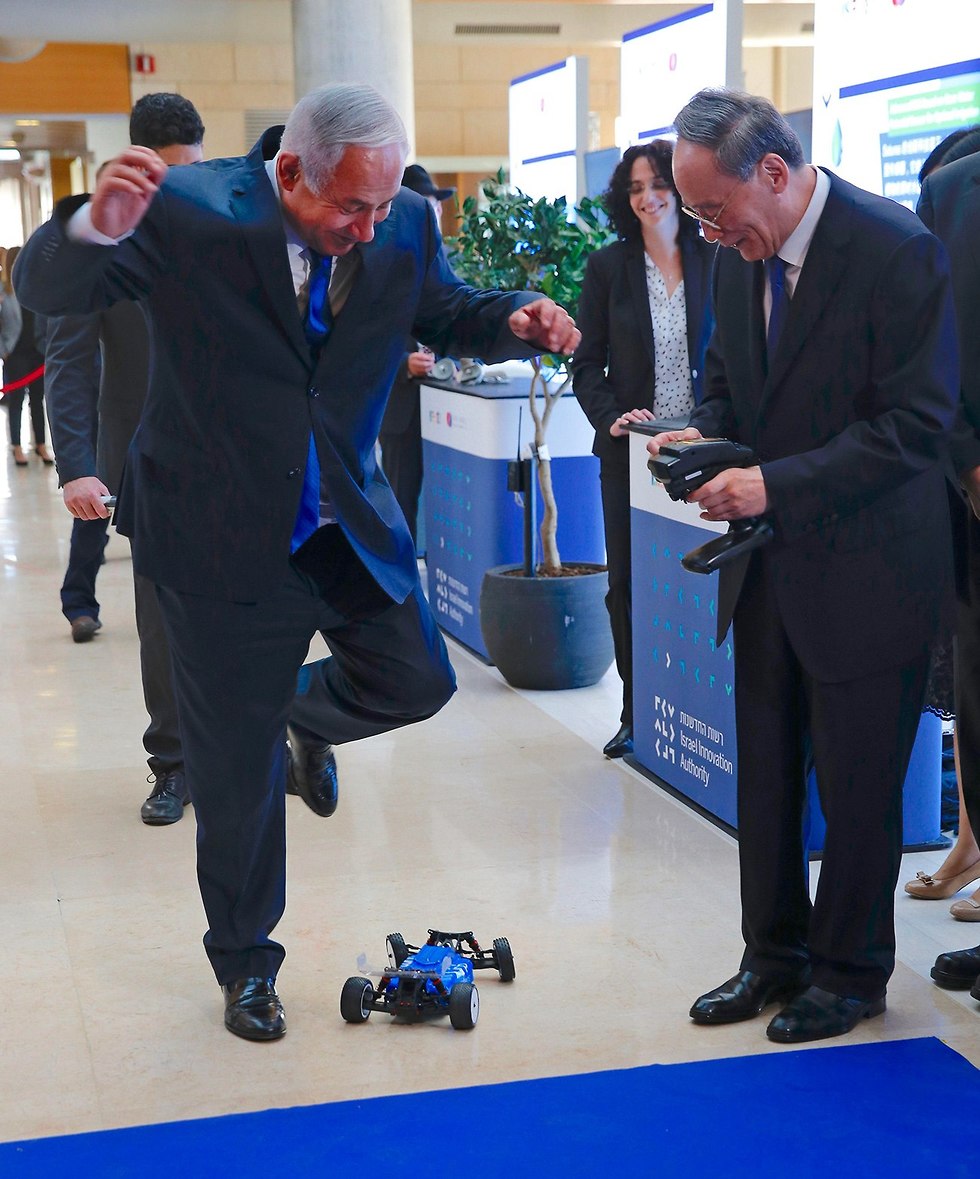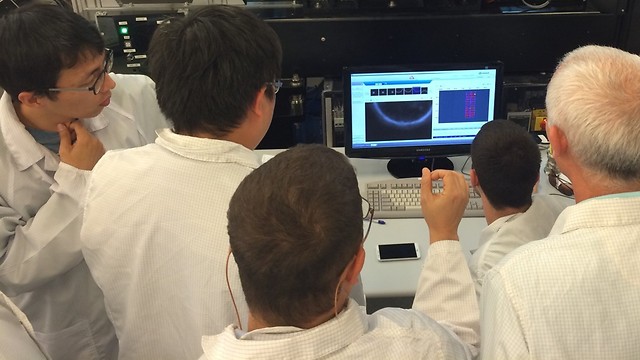
The Trump administration has taken steps to curb market penetration by Huwaei Technologies Cos Ltd and ZTE Corp, two of China's biggest network equipment makers, seeing them as spying threats. Both firms deny having any such purpose.
Interest by Huwaei and ZTE in Israel has worried its US ally, as has the green light it granted China's Shanghai International Port Group in 2013 to build a private port near Haifa, a berth for the US Mediterranean fleet.
"We know that the threat of cyber attacks is growing each and every day," US Deputy Secretary of Energy Dan Brouillette said in a statement during a visit to Israel.
According to Brouillette, in his meetings with Israeli officials, he would "share our experiences and concerns regarding certain Chinese foreign investment in Israel, and hope to continue a dialogue on best practices."

One of Brouillette's hosts, Energy Minister Yuval Steinitz, said in a statement after their meeting that the US deputy secretary had "raised their concern about the issue of foreign investments in the State of Israel."
There was no immediate Israeli comment on Chinese investment, however.
Asked separately about Chinese investment in Israel, Brouillette said in remarks aired by Army Radio: "If done incorrectly, you inhibit the other allies from sharing intelligence with you."
In a possible sign of US displeasure at the Chinese involvement in Haifa, one of the Sixth Fleet's warships in October docked in Israel's second-tier Mediterranean port of Ashdod, the fleet's first such visit in almost 20 years.
In December 2016 Huawei acquired Israel's HexaTier, whose technology secures databases in the cloud, for $42 million. This followed a visit to Israel by the Chinese technology giant's CEO. That same month, it also acquired IT research firm Toga Networks for an undisclosed amount.
According to Israeli media, ZTE has shown interest in Israel's tech sector since sending a senior delegation to the country in 2013.


















